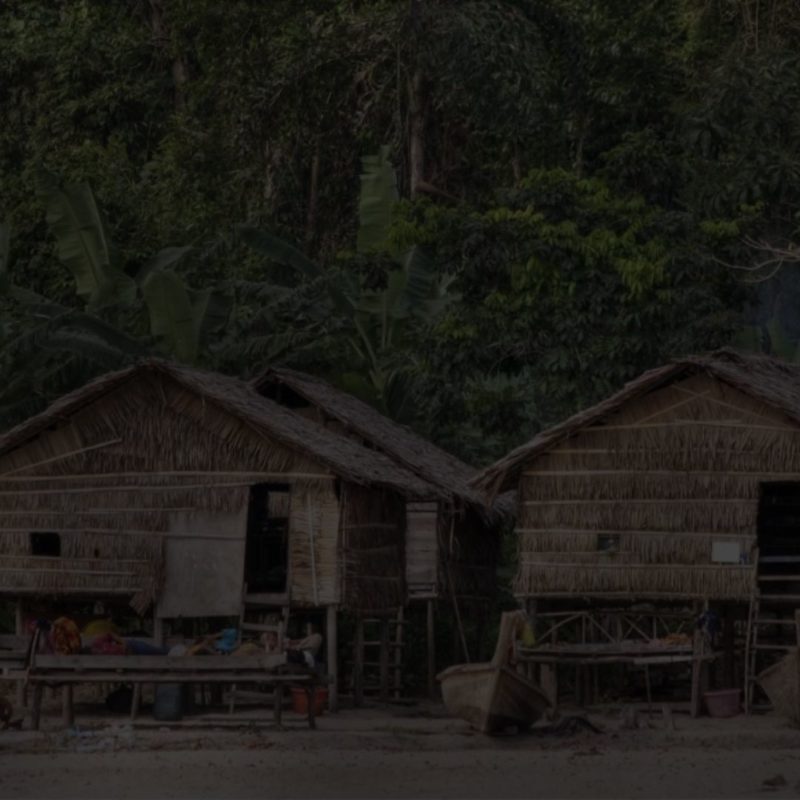Blog Post
India is home to a population of 1.39 billion people.
1.39 billion diverse people.
We are home to people coming from varied backgrounds, cultures, colors, ethnicity, religions, castes, genders, races, and communities. With 19,500 languages and dialects, 28 states, and 8 union territories. We are multilingual as well as multifaceted.
According to a 2019 survey, the rural population in the country comprises 65.53% of the total population. Out of which there are 461 tribal communities across India. And the Adivasi community constitutes a total of 8% (84 million) of the total population.
Irrespective of existing in such huge numbers, the rural/tribal areas are still a long way to experience a good quality of life. Several villages in India still struggle for adequate electricity, clean water, and apt sanitation requirements.
In comparison to us in the urban areas, the rural pollution does not even have half of the facilities we enjoy. Infact with increasing and convenient facilities, a lot of wastage takes place in urban areas. Wastage of electricity and water is one of the major issues in urban cities. The alarming irresponsibility of citizens leads to these facilities never reaching the population that urgently requires them.
Rural India is a highly neglected part of our country. Irrespective of the government schemes that are implemented for the welfare of the rural community, there still lies a huge gap that needs to be filled in order for the rural & tribal population to be facilitated with their basic amenities every day.
Rural and tribal activists are working endlessly to make a difference in the lives of these people and provide them with basic sanitation and everyday amenities.
One such person who is making a difference and impacting the lives of the tribal communities is Liby Jhonson, Executive Director of Gram Vikas- a community development nonprofit organization. Liby is also an expert at Entrepreneurship promotion for the UNDP.
He featured for an interview on S2 of The Brand Called You and shared the story of his journey and the organization he is associated with.
Gram Vikas is a 42-year-old organization started by a bunch of Madras university students in 1979. In 1971, while visiting the Bangladeshi war frontier to set up relief camps, some students stayed post the project to help out more communities. They stayed back in Northern Orissa after which they moved to the southern parts of Orissa which were more occupied by the Adivasi communities. This is where Gram Vikas came into being. An organization that was created to cater to the needs of the community.
Now, the organization has evolved and spread out to help various backward and rural communities to build a dignified quality of life. It is an empowering organization that works to see results in the lives of these communities.
Gram Vikas has also inculcated technology and successfully generated 56000 biogas plants in villages across India. They promote processes that are sustainable, gender-equitable, and socially inclusive.
One of the bigger projects of Gram Vikas was to create sanitation processes like toilets and clean water in the villages. Unhygienic water and open defecation were leading to many diseases and deaths in the villages. The Gram Vikas team managed to influence the women to take matters into their own hands and helped them build private and separate toilets for each house.
Another major project taken up and successfully launched by Gram Vikas was the setting up of schools for predominantly Adivasi kids in remote areas. They also managed to produce a medical doctor from one of these schools! Liby states that the aspirations of tribal and rural youth are just as strong and similar to that of the urban youth.
Liby believes that working in these areas and closely with the tribals and rural people, he has gained a wider view of life and made him realize the importance of equality. He appreciates the value of nature the Adivasis hold, which most of the time we urban fail to realize.
Liby’s story is not only inspiring but also an eye-opener for the country to realize the amount of work that is still needed for the community.
In our speeding and technologically convenient lives, we seldom stop to realize our privileges.
I believe that if the groundwork is a comparatively bigger step, we can start by small steps in order to help these communities. Realizing and respecting our privileges is the first step. Spreading awareness and talking about these issues widely is also something we can easily do.
Discriminatory slurs may be very normalized in this day and age, but you can be the one to break that chain. Remind people that you’re talking about real people with real lives. Remind them that they are no different than any of us!
In addition to that, using these privileges correctly and responsibly is also one major step we can take.
Each time you take an extended or unnecessary shower, or unnecessarily throw away water/food, or leave the lights and fans running- remember that
In the very country that you’re enjoying these privileges, there are people who go without clean water for days.
There are kids who go to sleep with empty stomachs.
There are people who suffer from health issues due to unsanitary living conditions.
Remind yourself that though you have these amenities it is important that you use them responsibly.


